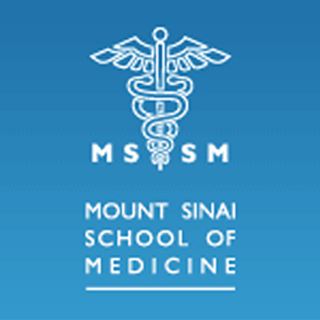
Rofecoxib hit the stands on May 1999 and swiftly turned out to be a commercial success, with sales attaining about $2 billion yearly. This detail was provided as background information. The manufacturer promoted the product with the brand name Vioxx as a better substitute to conventional nonsteroidal anti-inflammatory drugs. Nevertheless, apprehensions about its cardiovascular unfavorable effects allegedly were present during the drug development procedure. In September 2004, the manufacturer willingly removed the product from the market after one huge trial was concluded early owing to an augmented danger of cardiovascular events.
In November 2004, the manufacturer’s principal executive testified before a U.S. Senate committee that until the halted trial, collective data from all randomized controlled clinical trials apparently displayed no distinction in the danger of established heart events between patients consuming rofecoxib and those taking placebo. To evaluate whether and when examination of published and unpublished clinical trial data could have exposed the cardiovascular risks of rofecoxib, Joseph S. Ross, M.D., M.H.S., of Mount Sinai School of Medicine, New York, and colleagues performed a joint investigation of all such trials carried out by the manufacturer prior to September 2004.
The researchers apparently recognized about 30 randomized, placebo-controlled trials that enlisted 20,152 people, lasted from four weeks to four years and allocated a variety of 17 to 2,586 subjects to consume doses of rofecoxib varying from 12.5 milligrams to 50 milligrams. The authors joined the data from these studies and apparently examined the cumulative outcomes.
The authors commented, “As of December 2000, 21 of these trials had been completed (70 percent) and the risk of a cardiovascular thromboembolic [heart- or blood clot-related] adverse event or death was greater among subjects assigned to the rofecoxib group, raising concerns from a safety standpoint. Subsequently collected data through June 2001 showed that rofecoxib was associated with a 35-percent increased risk of a cardiovascular thromboembolic adverse event or death.â€
The connection supposedly toughened as supplementary data became accessible, as of April 2002 the collective investigation supposedly illustrated a 39-percent augmented threat, and as of September 2004, around a 43-percent increased risk.
The authors remarked, “Physicians and the public deserve to be in a position to make informed choices about risks and benefits, and the disclosure and dissemination of information about potential risk immediately after its recognition is absolutely essential. Our study provides insight into what should have been known about the risks of rofecoxib. If we are to detect harms early and protect the public’s health, while ensuring the availability of new, clinically effective therapeutics, a system must be established that makes full use of all existing evidence.â€
The examination claims to present a roadmap for how drug safety could be evaluated after a product has been launched into the market.
The study was published in the Archives of Internal Medicine, one of the JAMA/Archives journals.
